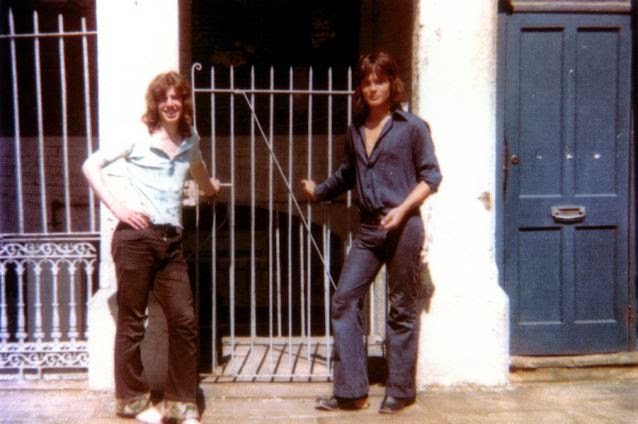Since then, there have been 18 by-elections. UKIP failed to field a candidate in 5 of them, though 2 were in Northern Ireland which is sui generis. Of the remaining 13, UKIP came second in 7 contests:
 |
By-elections since GE 2010 (Click to enlarge) |
The latest result in Newark, desperately spun as a failure for UKIP, actually showed a 22-point increase and a jump from fourth to second place against the Conservatives . The turnout was 53%, down from 72% in 2010, but was not negligible (even in the General Election of 2001, overall national turnout dropped below 60%). And last year UKIP achieved a similar coup in South Shields, coming from no-candidate in 2010 to 24% of the vote in 2013.
Okay, so UKIP are becoming the protest party of choice (notwithstanding George Galloway's cunningly focused and aggressively-fought win in Bradford West). But where will the breakthrough come?
Regionally, the Party turned in its best GE 2010 performance in the south of England. On average, candidates in the South-East needed a further 9-point boost to hit third place, and 8 points in the South-West. Disillusionment with the collaborationist LibDems and resentment against the austerity-for-the-oiks Conservatives, plus distrust of Labour's slightly odd leadership, may just do it for UKIP in 2015.
In Ireland, none of the mainland parties counts for anything; Scotland has its own individualistic momentum pre- and probably post-referendum; and the political history, culture and economy of Wales will continue to support socialists and Celtic nationalists. The battleground is England, especially in the parts that haven't yet become Welfare State Labour fiefdoms.
The GE 2010 results suggest that UKIP needs an increase of 27 - 30 points to win in the 10 Parliamentary constituencies where it did best; bigger than anything seen in the by-elections of the last four years. But there were 5 seats where 10 extra points would have seen UKIP become the runners-up, 36 more seats where 10-15 points would have done that, and 122 further seats that needed 15-20 points to come second. UKIP is not very far from gaining something of an audible voice, if not yet the chair. Meanwhile, the local elections have brought in many apprentices to the craft of government.
And there's work to be done.
In my view, those of the electors who are not unthinkingly tribal in their party loyalties want neither a socialist state where we have accepted ultimate failure and are reconciled to sharing the wooden spoon between us, nor the false promise of wealth that seems simply to further enrich the rich and can't supply employment to the masses. Economic dysfunction is leading to increasing social dysfunction, the cost of which is threatening to destroy the postwar safety net, which wasn't set up for a regime of vodka, broken families and armies of social workers.
EU periphery countries are suffering on the Procrustean bed of the single currency, about which Farage has spoken so blunt-eloquently for so long, but the question remains, will he also have to moderate his enthusiasm for the globalism that is likewise undermining our balance of trade? Along with undemocratic government from Brussels, economic immigration and the instability caused by unifit currency, world trade is a control issue. There has to be a realistic long-term plan for getting Britain to work and save, without reliance on temporary nostrums like North Sea oil and monetary inflation, or hope will be lost and the darkness will begin to descend.
Can UKIP serve its apprenticeship and construct its masterpiece in time to make a difference to the country?
READER: PLEASE CLICK THE REACTION BELOW - THANKS!
All original material is copyright of its author. Fair use permitted. Contact via comment. Unless indicated otherwise, all internet links accessed at time of writing. Nothing here should be taken as personal advice, financial or otherwise. No liability is accepted for third-party content, whether incorporated in or linked to this blog; or for unintentional error and inaccuracy. The blog author may have, or intend to change, a personal position in any stock or other kind of investment mentioned.













